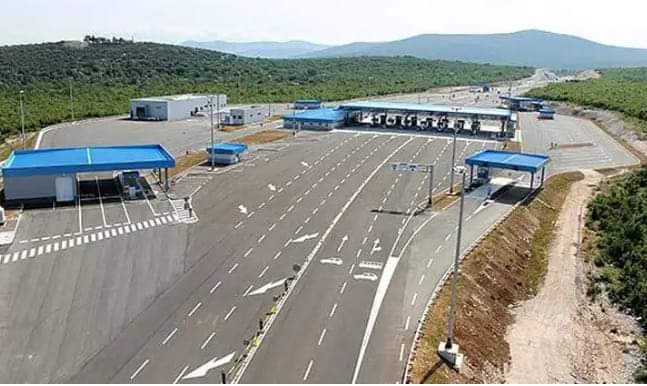By Alhassan A. Bala
When in 2019 the former president Muhammadu Buhari ordered for the closure of all land borders to movement of goods, it was instructive that the government had effectively banned import and export of most especially food products so as to encourage local production of agricultural products.
The end resulted foresighted by the Buhari administration was to achieve self-sufficiency for the local consumers and also export the surplus to diversify the country’s economy.
Nigeria’s open border and, mostly, porous, was responsible for the country’s economic woes for several years. A country which opens its borders to importation of all kind of goods is bound to have serious issues with unemployment and poverty.
Locally-manufactured or produced goods‘ competition with foreign- manufactured products has forced the shutting down of many once thriving Nigerian brands and companies such as Michelin and Dunlop tyres, Bata, the assembly plant of Volkswagen, Peugeot Automobile, Steyr tractors, the textile mills in Kano, Kaduna, Lagos to mention but a few, among other hundreds of local industries.
Their collapse led to the obvious lost of work by hundreds of thousands of their workers.
It goes without saying that agriculture is the backbone of Northern Nigeria’s economy, providing employment for a significant portion of the population.
The northern part of Nigeria is the region with the largest production capacity of agricultural products due to its vast and fertile land which the region is leading in feeding the country and even some West and Central African countries.
The increase in number of rice mills in the northern part of Nigeria was due to the border closure, the sector has created hundred of thousands of job opportunities.
The border closure has also opened eyes of many Nigerians to engage in agriculture.
The country, despite insecurity which deprived thousands of farmers to access their farmlands, was becoming self sufficient, which places it as the highest producer of rice in Africa thanks to the initiative.
Between January and March, 2021, agriculture contributed 22.35 percent of the Nigeria’s total Gross Domestic Product (GDP).
The ban of importation of rice, tomato and some food products prevented the country from entering a serious food crisis during the global lockdown triggered by the coronavirus pandemic.
Needless to say that some people are already happy with the President Tinubu-led government’s decision to re-open the border by allowing importation of rice, tomato and many other products, but for the farmers in the northern part of Nigeria this decision to lift the ban on foreign rice, tomato and many other agricultural products will spell doom for their future lives.
Large number of northerners are farmers be it rainy season or irrigation farming, many household depend solely on farming for their livelihood, the opening of the border will render many worthless as the locally-produced products may not be able to compete with the imported foreign ones, thus making the farming activity not profitable.
The people in the north could be seen as people fighting from attacks from all cylinders – on educational institutions, farming communities, businesses and now farming soon lose its viability. It is time the federal government through the Central Bank of Nigeria (CBN) re-evaluate the pros and cons of this decision and opt for the people-friendly and popular decision.
Bala writes from Abuja and can be reached on: balahassan2007@gmail.com
